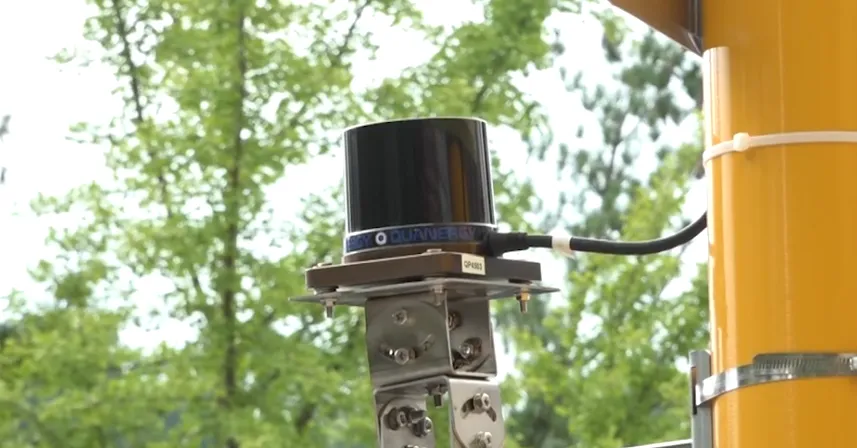Singapore traffic police are testing a new generation of red light cameras in an effort to reduce the rising number of red light violations and related accidents in the city. Cameras currently in use require physical downloading of images; the new cameras will enable police to remotely download offences. They will also react faster and capture sharper images. According to Second minister for home affairs and trade and Industry Mr S Iswaran bad driving habits will be curbed with the installation of addition
February 4, 2013
Read time: 2 mins
Singapore traffic police are testing a new generation of red light cameras in an effort to reduce the rising number of red light violations and related accidents in the city.
Cameras currently in use require physical downloading of images; the new cameras will enable police to remotely download offences. They will also react faster and capture sharper images.
According to Second minister for home affairs and trade and Industry Mr S Iswaran bad driving habits will be curbed with the installation of additional speed and red-light cameras.
He said “More speed and red light cameras will be deployed to clamp down on bad driving habits. Plans are also ongoing to tighten the enforcement of speeding offences with new camera technology.” He also added that the traffic police will work closer with the Ministry of Education to tailor road safety awareness programmes for children and analyse how road safety in school zones can be enhanced.
Cameras currently in use require physical downloading of images; the new cameras will enable police to remotely download offences. They will also react faster and capture sharper images.
According to Second minister for home affairs and trade and Industry Mr S Iswaran bad driving habits will be curbed with the installation of additional speed and red-light cameras.
He said “More speed and red light cameras will be deployed to clamp down on bad driving habits. Plans are also ongoing to tighten the enforcement of speeding offences with new camera technology.” He also added that the traffic police will work closer with the Ministry of Education to tailor road safety awareness programmes for children and analyse how road safety in school zones can be enhanced.








